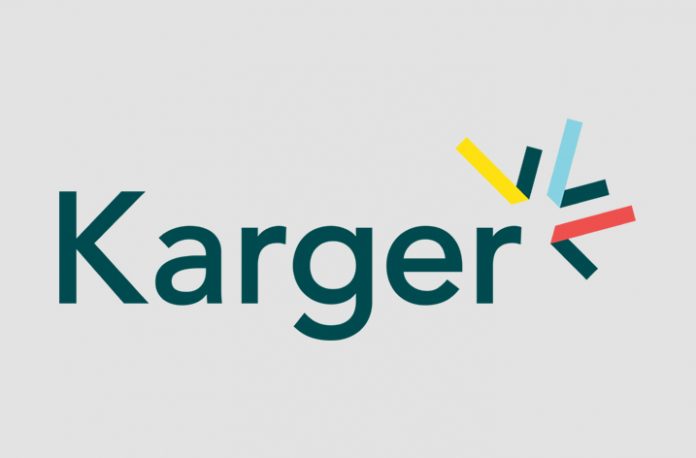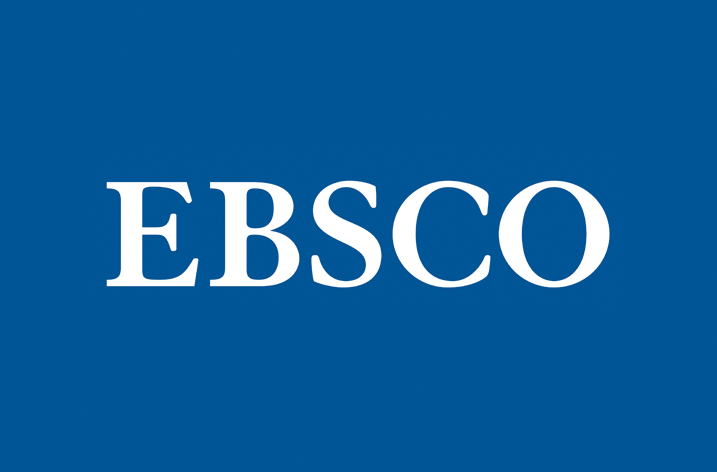
Karger Publishers is launching Kompass Neumología, a journal which breaks down research into more accessible, practical content and presents those in the Spanish language. Research papers are usually written in English and often use a very scientific language which is not always relevant or directly applicable for healthcare professionals. They can for this reason sometimes be a bit overwhelming and the information provided difficult for local clinicians to use in their daily work. Kompass Neumología is part of Karger’s Kompass product line.
“We are planning to launch more formats for Latin American clinicians soon. Future publications will also have a strictly Latin American board of experts and will be written in Spanish, too”, says Joachim Flickinger, Head of Clinical and Patient Markets at Karger Publishers.
The board of experts of Kompass Neumología has 17 experts in both pneumology and thorax surgery from Latin America. In this first issue, the experts investigate the origin of infections that lead to diseases like tuberculosis. They reflect and discuss the usefulness and applicability of different clinical and pharmaceutical approaches. Future issues will cover topics like degenerative chronic illnesses, cancer, associated sleep disorders, intensive respiratory care and rehabilitation.
Joachim Flickinger explains why Karger Publishers started with Kompass Neumología: “Pneumology was a good starting point because we have found a strong partner in the Academia Nacional de Medicina de México which groups key opinion leaders among the local pneumologists.”
The target group of Kompass are clinicians and medical specialists. The journals exist for the following subject areas: Dermatology, Pneumology (German and Spanish), Oncology, Ophthalmology and Autoimmun. They feature a special segment for young, committed physicians as well as clinical news from the subject area, and an event calendar. The format’s first issue was launched in March 2013. Its main objective is the knowledge transfer from research to practice, and the experienced advisory board places a special emphasis on the relevance of research findings for practical work with patients.























